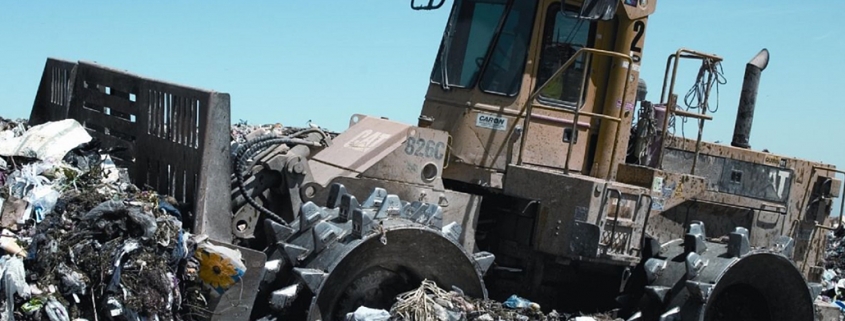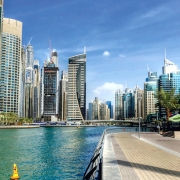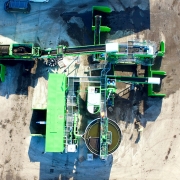Cyprus Intends to Close the Kotsiatis Landfill
In April this year, the newspaper CyprusMail reported that the government was paving the way for the closing down of the Kotsiatis landfill.
According to the newspaper, an agreement was reached with Greek company Helector, which is running a waste management facility in Koshi. The Central Committee on Changes and Claims (KEAA) has approved a supplementary agreement for the operation of the existing waste management plant, a statement from the agriculture ministry was cited. As reported, the agreement provides for paying the company approximately 17.5 million Euro instead of the 19.5 million Euro the company was initially asking for and 29.1 million Euro resulting from the existing agreement. “That money was to cover operation fees owed to the company since January 2015,” the information said. The waste from the district of Nicosia (the capital city of Cyprus) will be treated by the Koshi facility – and the Kotsiatis landfill will be closed.
In October last year, online-publication Balkan Green Energy News informed, that the European Union had given Cyprus more time to shut down the illegal landfills in Vati and Kotsiatis. The EU had demanded this in 2013. Since an infringement process was initiated in May 2017, Cyprus had to face fines of 30,000 Euro for each day of delay.
The Kotsiatis landfill was supposed to close in 2009, the information provided by CyprusMail said. At the time, there was a plan to build a separate waste management plant in Nicosia. However, it was scrapped and “it was decided to transfer waste from Kotsiatis to the Koshi plant in Larnaca”. Procedures for this were delayed following bribery scandals and ensuing trials concerning Helector (which runs the Koshi and Paphos sanitary landfills), and rejections by the Central Committee on Changes and Claims (KEAA) of deals agreed between the government and this company on the management of the Nicosia district’s waste.
Waste generation
According to Cyprian environment officer Athena Papanastasiou, every person of the nearly 900,000 inhabitants of Cyprus generates more than 660 kilograms of solid municipal waste per year. Although the municipal waste generation has decreased over the years, it still remains significantly higher than the EU average, the European Commission stated some years ago. The country landfills the majority of its municipal waste (80 percent compared to the EU average of 28 percent). Recycling accounts for 19 percent, including four percent of composting, which is significantly below the EU average (44 percent). The Republic of Cyprus “must make significant efforts to improve the performance of its waste management system with a view to meeting the current EU waste targets, especially by increasing separate collection and recycling, reducing landfilling and eliminating the illegal landfilling of waste,” the EU Commission insisted.
The Commission also takes the view that there are opportunities for the country:
■ Moving away from landfilling by focusing policies and investments on implementing the separate collection obligation to increase recycling rates, particularly by making more efficient use of economic instruments.
■ Safeguarding the country’s natural capital and promoting green tourism, which can bring about significant economic benefits.
■ Enhancing investments in eco-innovation, aligning promoted activities with the country’s environmental needs (e.g. water scarcity, improving recycling) and to its natural capital (e.g. potential for developing renewable energy).
The country’s growth sectors include renewable energy (such as biomass). According to the investment promotion agency InvestCyprus, the government has launched a number of financial measures in the form of governmental grants and/or subsidies for this sector.
www.investcyprus.org.cy/en/cyprus-investment-promotion-agency
Photo: pixabay
GR 2/2018










